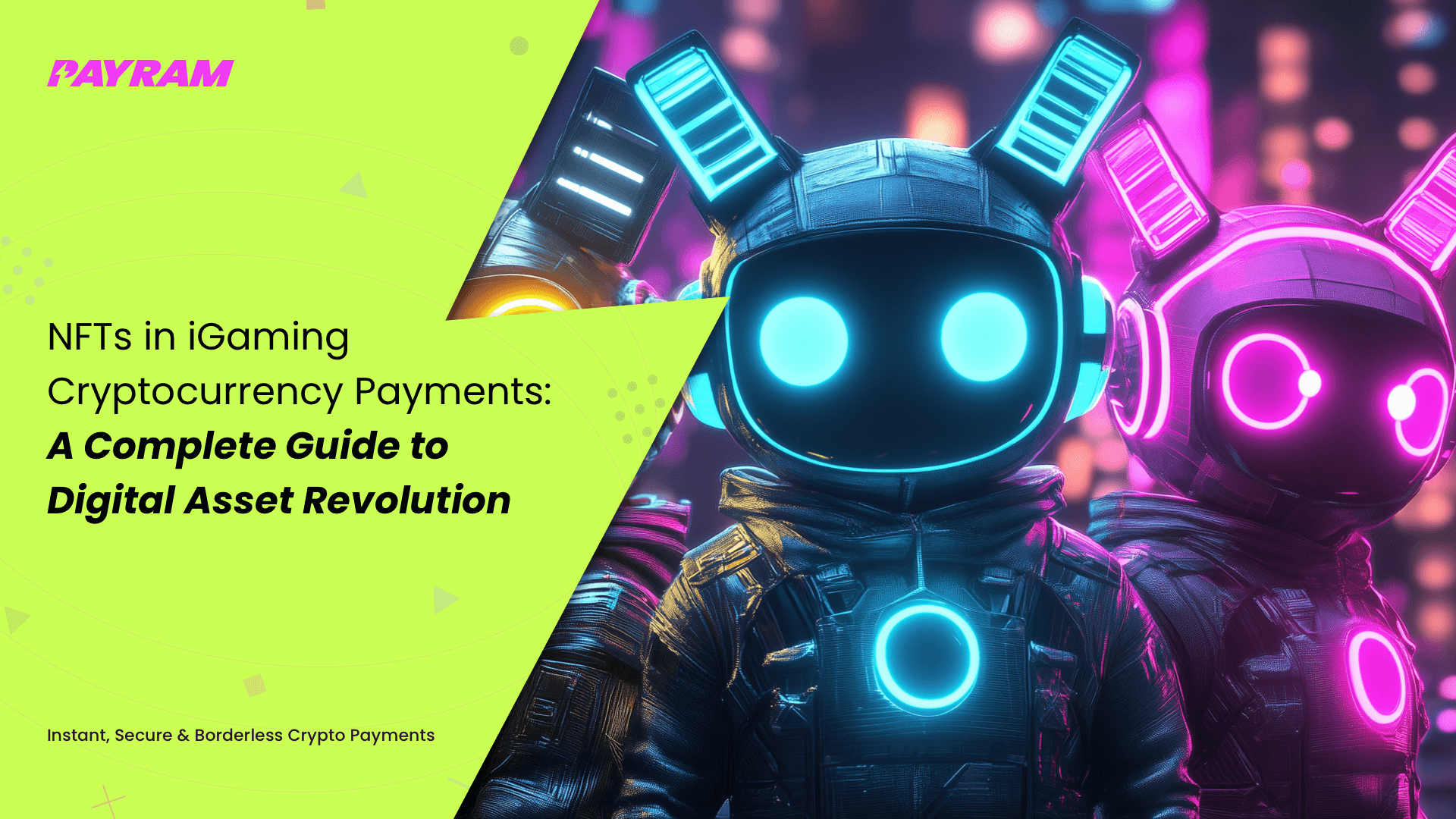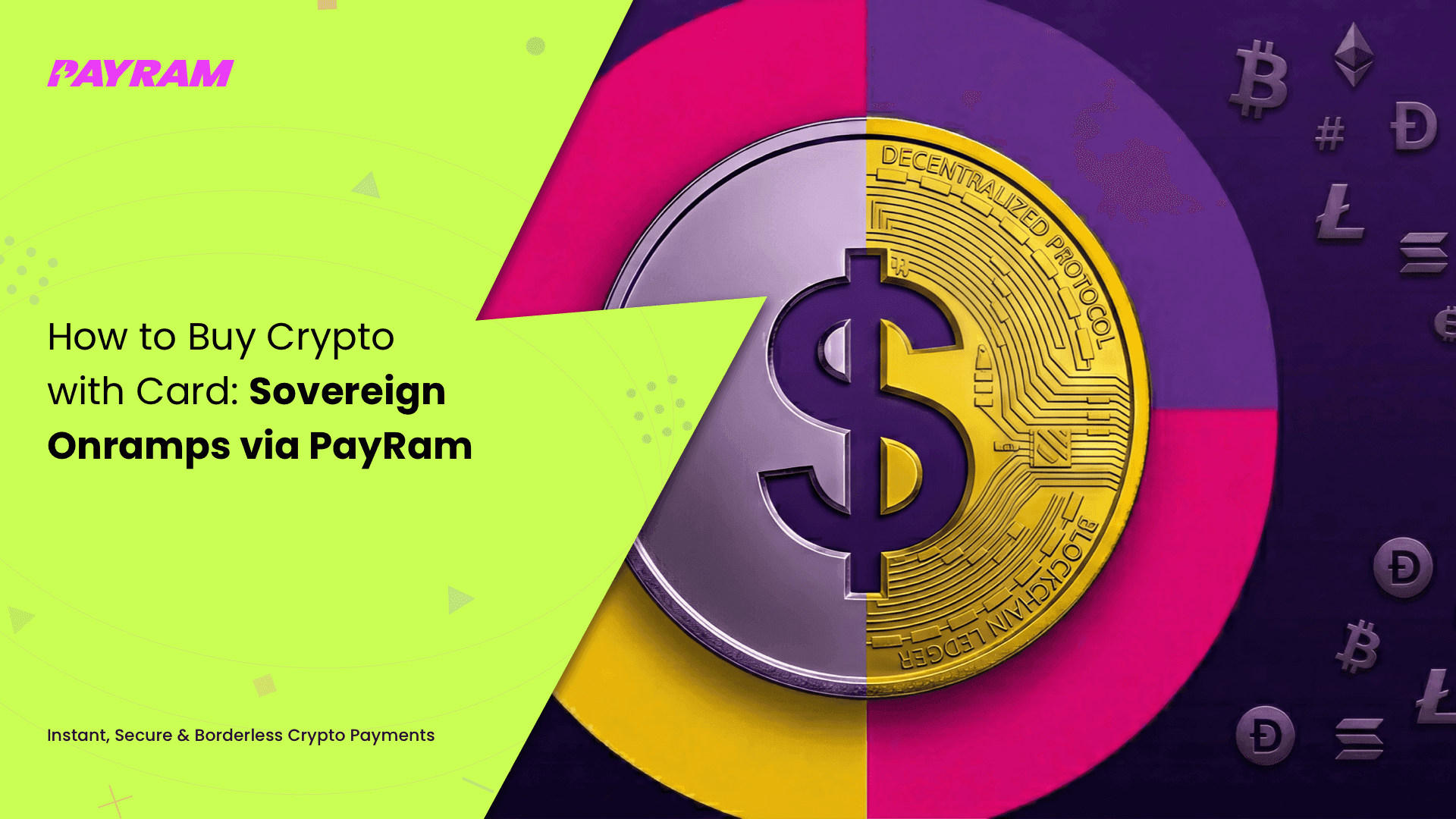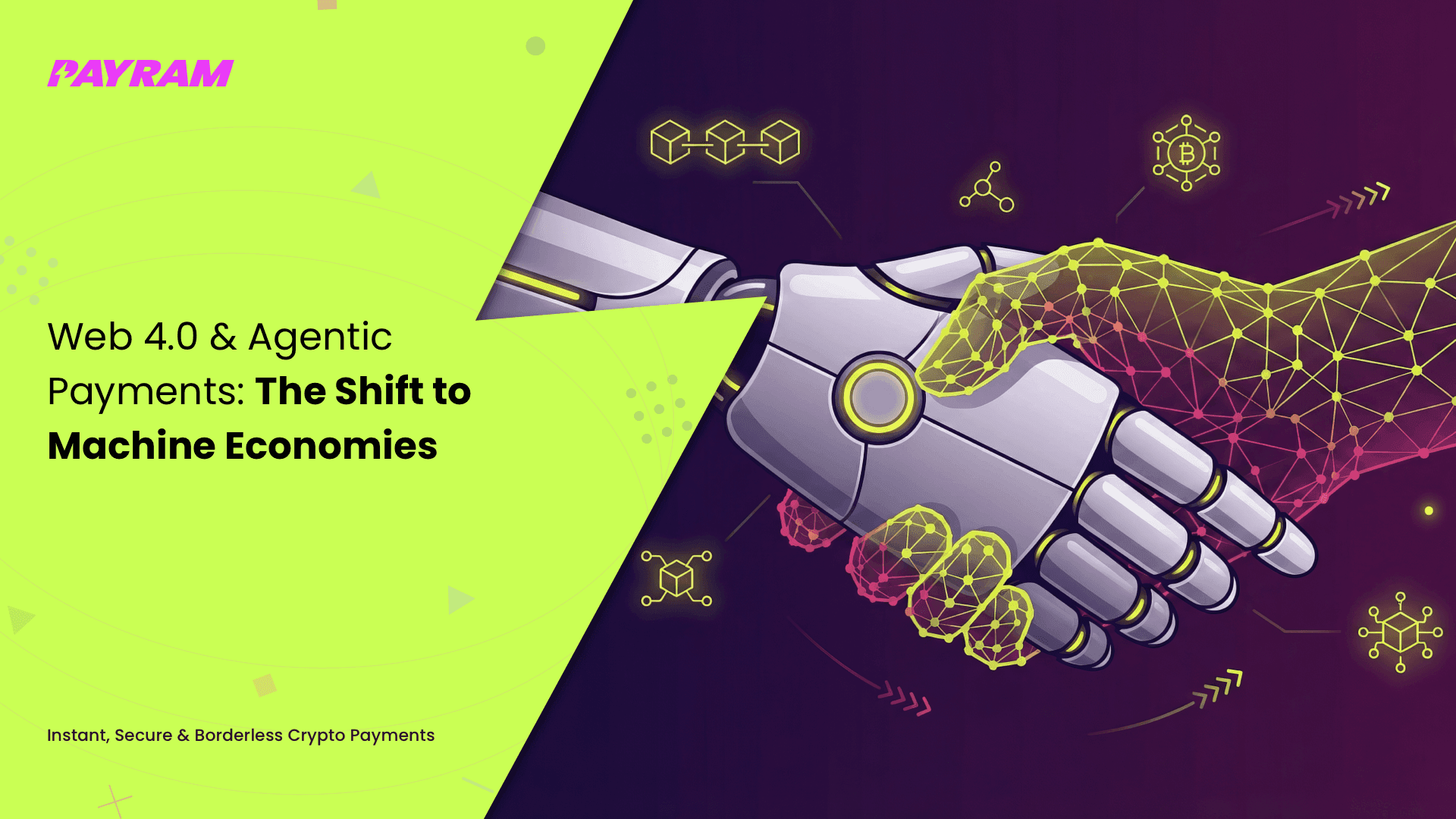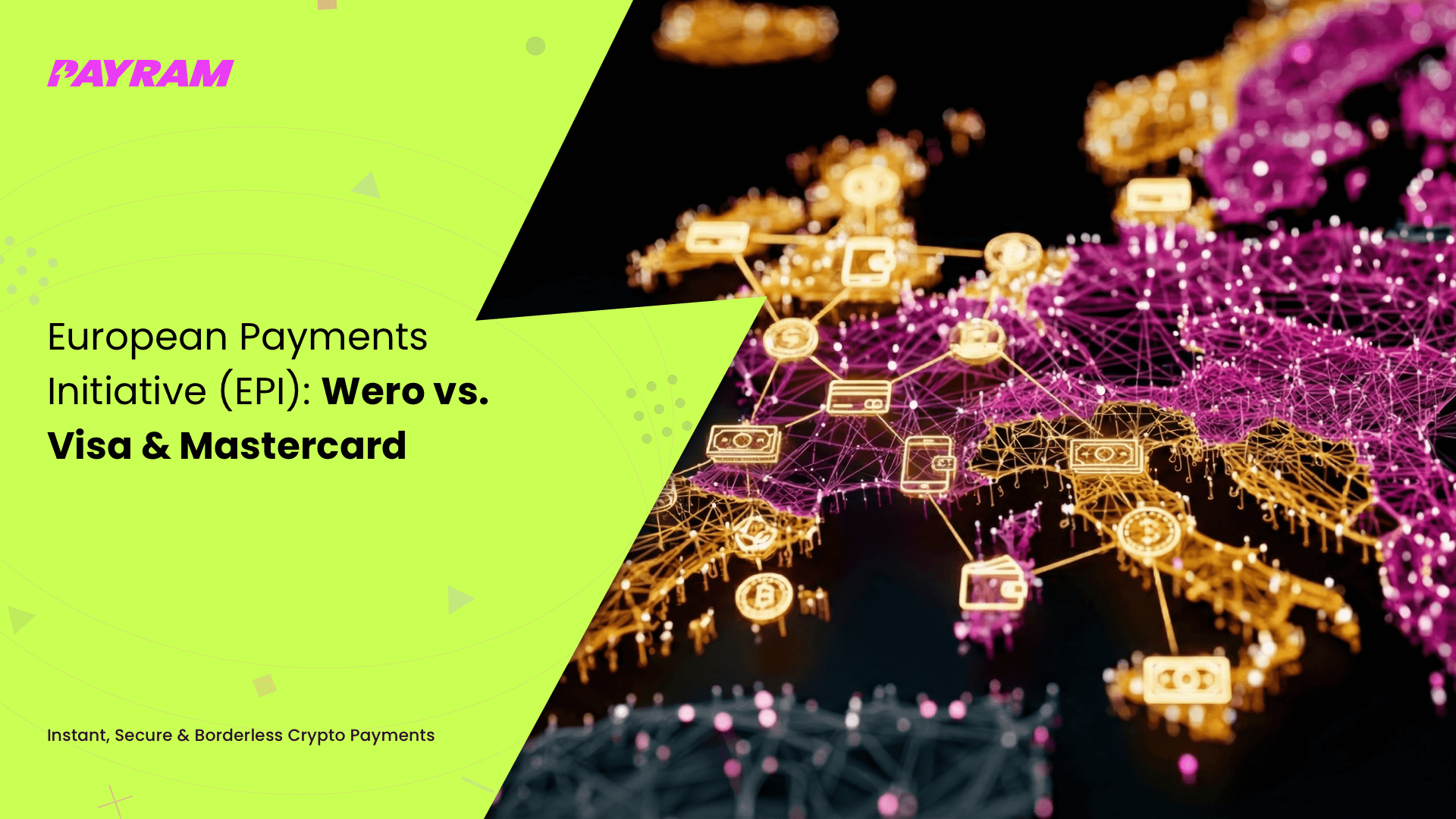
April 05, 2025
NFTs in iGaming Cryptocurrency Payments: A Complete Guide to Digital Asset Revolution
In online gaming, digital ownership models are evolving as players increasingly interact with virtual assets through blockchain technology. Non-fungible tokens (NFTs) have moved beyond their origins as a specialized tech concept to become established tools within the iGaming sector, where digital possessions now carry measurable economic value.
The integration of NFTs with cryptocurrency payments represents a significant development in how players manage their digital assets. From exclusive membership credentials to transferable in-game items, NFTs enable gamers to maintain verifiable ownership of their virtual accomplishments while simultaneously creating new commercial opportunities for gaming platforms. Explore more on how cryptocurrency payment gateways are revolutionizing iGaming.
This approach provides players with greater control over their digital property, potentially increasing engagement and creating more sustainable economic ecosystems within games.
Definition of NFTs and Their Significance
Non-fungible tokens (NFTs) are one-of-a-kind digital assets authenticated through blockchain technology. Unlike cryptocurrencies such as Bitcoin or Ethereum, where each token is identical and interchangeable, non-fungible tokens have distinct digital signatures that make them unique and impossible to replace with something else.
Born in 2014, NFTs remained relatively quiet until 2021, when they burst into mainstream awareness. The technology caught on quickly, particularly in the gaming world, where players had long sought true ownership of their digital items and achievements.
In iGaming, NFTs bring substantial changes to how players interact with digital assets. These tokens allow gamers to actually own their in-game items, rather than just having access rights controlled by game developers. Players can buy, sell, and trade their NFT assets freely across different platforms and marketplaces. Learn about mobile gaming, cryptocurrency, and the future of digital asset ownership.
The significance of NFTs in gaming extends beyond simple ownership. They create new opportunities for player engagement through digital collectibles and rewards. For instance, online casinos now offer exclusive NFT-based memberships, giving players special access to games and events.
The blockchain foundation of NFTs provides clear records of ownership and transaction history. This transparency helps prevent fraud and gives players confidence in their digital asset ownership. Each transaction is recorded permanently on the blockchain, creating an unalterable history of who has owned each NFT.
Some gaming platforms already show how NFTs can work in practice. BC.Game accepts NFT deposits, while Axie Infinity demonstrates a working model where players earn valuable digital assets through gameplay. These examples show how blockchain and NFTs can connect virtual gaming experiences with real economic value.
NFTs also change how players think about digital value. Instead of viewing in-game items as temporary or worthless outside the game, NFTs make these assets portable and potentially valuable across different platforms. This shift creates new markets and opportunities for both players and game developers.
The technology opens doors for innovative gaming models. Players can now earn money through their gaming skills and dedication, turning traditional gaming structures into potential income sources. This merging of gaming and economic opportunity marks a significant shift in how people view and value digital entertainment.
Current Use of NFTs in Cryptocurrency Payments
Online casinos increasingly add NFTs to their payment systems, creating new ways for players to deposit funds and receive rewards. Several gaming platforms now accept NFT deposits directly, giving players more flexibility in how they fund their accounts.
BC.Game stands out as an early adopter, allowing players to use their NFT collections as payment methods. This integration shows how digital collectibles can function as both gaming assets and financial instruments. Players can deposit NFTs, convert them to playing credits, or trade them with other users on the platform.
The "play-to-earn" model exemplified by Axie Infinity demonstrates the practical application of NFTs in gaming economies. Players collect and battle with NFT characters, earning cryptocurrency rewards through skilled gameplay. These earnings can then be used across other gaming platforms or converted to traditional currency.
NFT-based rewards programs offer unique loyalty benefits compared to traditional loyalty systems. Players receive tokenized rewards that hold real value and can be traded on secondary markets. These digital assets often grant special access to VIP games, exclusive tournaments, or premium features within gaming platforms.
Some iGaming operators use NFTs to create membership tiers. Players holding specific NFTs gain access to special games, better odds, or reduced fees. This system creates natural scarcity and adds value to digital memberships through transforming iGaming transactions on the blockchain.
The integration of NFTs with cryptocurrency payments makes transactions more secure and transparent. Each transfer is recorded on the blockchain, providing clear proof of ownership and transaction history. This security feature protects both players and operators from fraud while maintaining privacy.
Gaming platforms increasingly combine NFT functionality with existing cryptocurrency payment systems. Players can use popular cryptocurrencies to purchase NFTs directly within gaming environments, streamlining the process of acquiring and using digital assets. Solutions like PayRam provide the self-hosted infrastructure for these transactions.
The connection between NFTs and cryptocurrency payments extends beyond simple transactions. Smart contracts automatically execute predefined actions when specific conditions are met, enabling automated reward distribution and complex gaming mechanics tied to player achievements.
These implementations show how NFTs add new dimensions to online gaming. Players gain genuine ownership of their digital assets while enjoying more payment options and earning opportunities. The technology creates a bridge between virtual gaming experiences and real economic value.
Benefits of Using NFTs in iGaming Cryptocurrency Payments
Blockchain technology brings strong security and clear tracking to NFT transactions in online gaming. Every NFT transfer gets recorded on a public ledger, creating permanent proof of ownership that players and operators can verify. This system makes it nearly impossible to fake or duplicate digital assets, protecting their value and authenticity. Ensuring trust, security, and compliance is key for crypto casino operators.
Transaction costs often drop when using NFTs for gaming payments. Traditional payment methods like credit cards typically charge higher fees and take longer to process. NFT transactions on efficient blockchain networks can reduce these expenses, letting players keep more of their money while gaming platforms save on processing costs.
NFTs create unique digital collectibles that players actually want to own. Online casinos now offer special NFT rewards that players can trade or sell. These might include exclusive character skins, rare game items, or VIP access tokens. Players show more interest in games when they can earn valuable digital assets that hold real worth outside the gaming platform.
The privacy features of NFT transactions appeal to many players. While blockchain records all transfers publicly, users can maintain anonymity through the right crypto wallets for secure iGaming. This setup lets players participate in games without sharing personal financial information, offering more protection than traditional payment methods.
Smart contracts tied to NFTs automate many gaming processes. These programs handle tasks like distributing rewards, managing tournament entries, and processing trades without human intervention. The automation reduces errors and makes transactions faster while cutting operational costs for gaming platforms.
Players gain more control over their gaming assets through NFTs. They can move items between different games, sell them on various marketplaces, or hold them as investments. This flexibility creates new opportunities for players to manage their digital property and potentially profit from their gaming activities.
NFT integration helps prevent fraud in online gaming. The blockchain's unchangeable record makes it easy to spot suspicious activities and verify legitimate transactions. Gaming operators can track NFT movements accurately, reducing the risk of cheating or unauthorized trading.
The technology also enables new reward structures in games. Players earn NFTs that represent real achievements, creating lasting proof of their gaming accomplishments. These digital trophies carry genuine value and can become more precious as games grow in popularity.

Challenges of Implementing NFTs in iGaming
The regulatory landscape for NFTs in gaming remains uncertain across across many jurisdictions. Different countries treat NFTs differently - some view them as digital assets, others as securities, and some have no clear classification. This regulatory confusion makes it hard for gaming operators to create consistent NFT-based systems that work worldwide.
Market instability affects NFT values significantly. The prices of NFT assets can change quickly, making it risky for gaming platforms to accept them as payment or collateral. Players might hesitate to invest in NFT-based gaming assets when their value could drop sharply overnight. This volatility also complicates accounting and risk management for gaming operators. Explore strategies to crush BTC volatility and protect casino revenue.
Many players lack basic knowledge about NFTs and cryptocurrencies. Gaming platforms must spend time and money teaching users how to set up wallets, buy NFTs, and handle digital assets safely. Without proper education, players might lose access to their NFTs through simple mistakes or fall victim to scams.
Technical barriers exist when adding NFTs to current gaming systems. Many platforms run on older technology that doesn't easily connect with blockchain networks. Creating smooth connections between traditional gaming infrastructure and crypto payment processors requires substantial technical work and testing. For complex integrations, mastering self-hosted crypto payment processing for iGaming is essential.
The speed and cost of blockchain transactions can limit NFT gaming features. Popular networks like Ethereum sometimes experience slow downs and high fees during busy periods. These issues can frustrate players trying to trade NFTs or claim gaming rewards.
Gaming platforms face challenges with NFT marketplace integration. Building or connecting to NFT trading systems requires careful planning to prevent fraud and ensure fair trading. Operators must also manage the technical complexities of verifying NFT ownership and handling transfers between users.
Data storage presents another hurdle. NFTs often link to digital assets stored off-chain, raising questions about long-term access and preservation. Gaming companies must figure out how to maintain these connections reliably while keeping costs reasonable.
Security concerns add complexity to NFT gaming systems. Smart contracts controlling NFT transactions need thorough testing to prevent exploits. Gaming platforms must protect against hacks, fake NFTs, and other potential security threats while maintaining user-friendly experiences.
The environmental impact of certain blockchain networks draws criticism. Some NFT systems use significant energy, leading to public relations challenges for gaming operators. Finding eco-friendly solutions without sacrificing performance adds another layer of difficulty to NFT implementation.

Industry Expert Insights
Industry leaders point to NFTs as a major force reshaping online gaming and gambling.
According to Ayvar Gabidullin, Business Development Manager at Slotegrator, "NFTs were quickly embraced and became a popular way to spend and earn money. The iGaming industry, no stranger to innovation, saw the potential for NFTs immediately, and game providers began developing titles that incorporated the new technology."
The numbers support this observation. Online casinos accepting NFT payments to boost customer loyalty reported a 40% increase in new player registrations during 2022. BC.Game, an early adopter of NFT integration, saw its user base grow by 300% after introducing NFT deposits and rewards.
Gaming analysts note that NFTs solve long-standing issues in digital asset ownership. Players now control their in-game items through blockchain verification, creating real-world value for virtual achievements. This shift from centralized to player-owned economies marks a fundamental change in how games generate revenue.
Technical experts highlight the security benefits of NFT implementation. Blockchain verification prevents duplicate items and fraud, while smart contracts automate complex transactions without intermediaries. These features reduce operational costs for gaming platforms while building trust with players.
Market researchers track substantial growth in NFT gaming transactions. The average daily trading volume of gaming NFTs reached $480 million in 2022, with projections showing continued expansion. This activity suggests strong player interest in owning and trading digital gaming assets.
Financial advisors point out that NFT integration opens new revenue streams for gaming operators. Platforms can earn fees from NFT trades, create limited-edition digital collectibles, and offer premium experiences to NFT holders. These opportunities add value beyond traditional gaming revenue models.
Regulatory specialists stress the need for clear guidelines as NFTs become more common in gaming. Current frameworks often lag behind technological adoption, creating uncertainty for operators and players. Industry groups work with regulators to develop standards that protect users while supporting innovation. More on navigating complex crypto compliance for self-hosted solutions.
Security professionals emphasize proper implementation of NFT systems. They recommend thorough smart contract audits, secure wallet integration, and clear user guidelines to prevent theft or loss of digital assets. These measures help maintain player confidence in NFT-based gaming features.
Data shows that games incorporating NFTs retain players longer than traditional titles. Players spend 35% more time in games where they own their digital assets, suggesting that NFT ownership creates stronger engagement and investment in gaming experiences.

Future Implications and Innovations
NFTs will likely become standard features in online gaming transactions. Cross-platform compatibility stands out as a key development, letting players use their NFT assets across multiple games and betting platforms. This interoperability creates shared economies where items earned in one game hold value in others.
The integration of NFTs with virtual reality casinos opens new possibilities. Players might own NFT-based virtual spaces, customize them with unique digital art, and host private gaming sessions. These virtual environments could feature tradeable NFT decorations, furniture, and interactive elements that enhance the social aspects of online gaming.
Player-driven economies powered by NFTs continue to grow. Gamers create, trade, and monetize in-game content, earning real value from their contributions. This model shifts power from centralized game operators to players, who gain more control over their gaming experiences and earnings.
Blockchain gaming platforms plan improved scaling solutions to handle more NFT transactions. New technologies promise faster processing times and lower fees, making small transactions more practical. These advances could support microtransactions and instant payouts for gaming achievements.
Smart contracts tied to NFTs will automate more gaming functions. Tournaments could automatically distribute prizes, while betting systems could settle wagers instantly based on verified outcomes. This automation reduces administrative costs and eliminates payment delays.
The combination of NFTs with artificial intelligence might create unique gaming experiences. AI could generate one-of-a-kind NFT marketplaces and facts based on player actions or preferences, making each digital asset truly personal. These systems could also adjust game difficulty and rewards based on player skill levels.
Mobile gaming platforms increasingly adopt NFT technologies. Players manage their digital assets through smartphone apps, trading and using NFTs while gaming on the go. This accessibility helps bring NFT gaming to wider audiences.
New standards for NFT metadata improve asset tracking and verification. Gaming platforms can better monitor item rarity, usage history, and ownership records. These features help players make informed decisions when trading or investing in gaming NFTs.
The rise of NFT gaming guilds shows how communities form around shared digital assets. Players pool resources, share knowledge, and create social structures based on NFT ownership. These groups might influence game development and shape virtual economies through collective action.
FAQs About NFTs in iGaming
What exactly are NFTs in gaming?
NFTs are unique digital items stored on blockchain networks. Each token has a specific digital signature that proves its authenticity and ownership. In gaming, NFTs represent items like characters, skins, weapons, or special access passes that players can truly own and trade.
How do NFTs make gaming better?
NFTs give players real ownership of their in-game assets. Instead of items being locked to one game account, players can sell, trade, or transfer their NFT items freely. This creates genuine value for time spent gaming and allows players to build valuable digital collections.
Are NFT transactions secure?
Blockchain technology records all NFT ownership and transfers permanently. Each transaction gets verified by the network, making theft or duplication nearly impossible. Players can check the complete history of any NFT to confirm its authenticity.
Which cryptocurrencies work with gaming NFTs?
Most gaming NFTs use the Ethereum blockchain, though other networks exist. Players typically buy NFTs using cryptocurrencies like ETH, though some platforms accept Bitcoin or other tokens. Each network has different fees and processing speeds.
What risks should players know about?
Market values for NFTs can change rapidly. Some jurisdictions lack clear regulations for NFT trading. Players should research platforms carefully and understand basic blockchain security before trading gaming NFTs. Technical issues can sometimes affect access to NFT assets.
Can I use my NFTs in different games?
Some NFTs work across multiple gaming platforms, but compatibility varies. Cryptocurrency payment gateways revolutionizing gaming by enabling interoperability are making it easier to transfer assets between platforms. Players should check specific platform requirements before purchasing cross-game NFTs.
How private are NFT gaming transactions?
While blockchain records all transfers publicly, players can maintain anonymity through cryptocurrency wallets. This offers more privacy than traditional payment methods, though complete anonymity depends on how players manage their accounts. Consider using anonymous Bitcoin payment processors for enhanced privacy.
What do experts predict for NFTs in gaming?
Industry analysts expect continued growth in NFT gaming. New technologies will likely improve transaction speeds and reduce costs. Gaming platforms plan more integration between traditional games and NFT systems, creating larger digital economies.
How do casinos benefit from NFTs?
Online casinos use NFTs to create unique reward programs, exclusive memberships, and special events. They can generate additional revenue through NFT trading fees and attract players interested in collecting digital assets. NFTs also help reduce payment processing costs.
Which platforms show successful NFT integration?
BC.Game accepts NFT deposits directly, while Axie Infinity demonstrates a working play-to-earn model. These platforms show how NFTs can create new gaming experiences and revenue streams while maintaining security and user engagement.
The Future of Digital Asset Ownership in Gaming
As NFTs continue to reshape the iGaming landscape, we're witnessing the dawn of a new era in digital asset ownership and cryptocurrency payments. The technology has evolved beyond simple collectibles to become an integral part of how players interact with games, earn rewards, and build valuable digital portfolios.
The convergence of NFTs, blockchain technology, and iGaming is creating an ecosystem where players have unprecedented control over their digital assets. While challenges remain, the trajectory is clear: NFTs are not just changing how we think about virtual ownership—they're revolutionizing the very foundation of value creation in online gaming.
PayRam: Self-Hosted Crypto Payment Solution for iGaming
PayRam is a self-hosted cryptocurrency payment processor designed for casinos, e-stores, adult sites, gaming platforms, and other restricted businesses.
It enables autonomous crypto transactions without relying on traditional gateways like Visa/Mastercard. Hosted entirely on your infrastructure (VPS/dedicated server), it grants full control over funds and transactions, bypassing third-party oversight and bans common in high-risk sectors like gambling or adult content.
The platform supports Bitcoin, Ethereum, and multi-chain tokens, eliminating fiat restrictions and forex fees while offering global crypto acceptance.
Setup requires no mandatory KYC/KYB, appealing to privacy-centric platforms, yet includes compliance tools (anti-double-spending, local KYC) and encryption for fraud prevention. Deployment is streamlined via Docker installation, wallet configuration, and API integration for seamless NFT and crypto payments.
Unlike fiat-based processors like Payed, PayRam prioritizes decentralization and censorship resistance but lacks direct fiat support, requiring external conversion.
Scalable for unlimited transactions (minimum 8 CPU cores, 8GB RAM), it balances privacy with compliance, making it ideal for iGaming, adult platforms, or restricted startups (e.g., cannabis) seeking payment autonomy and reduced fees.




